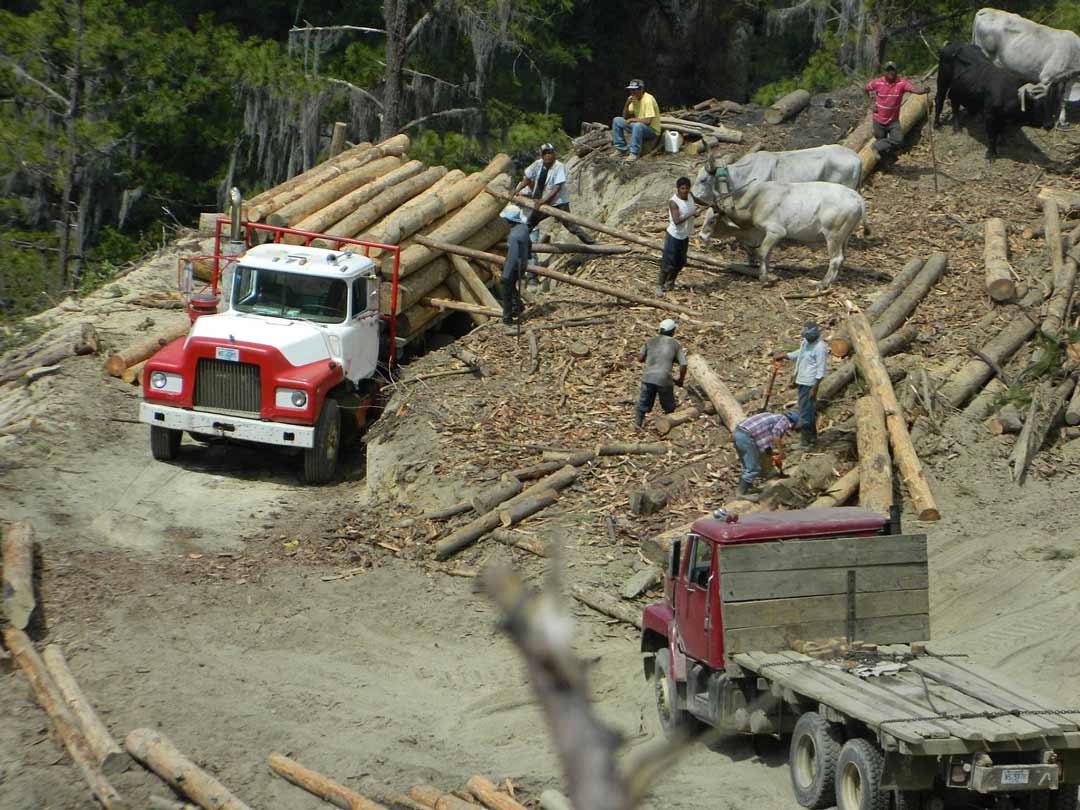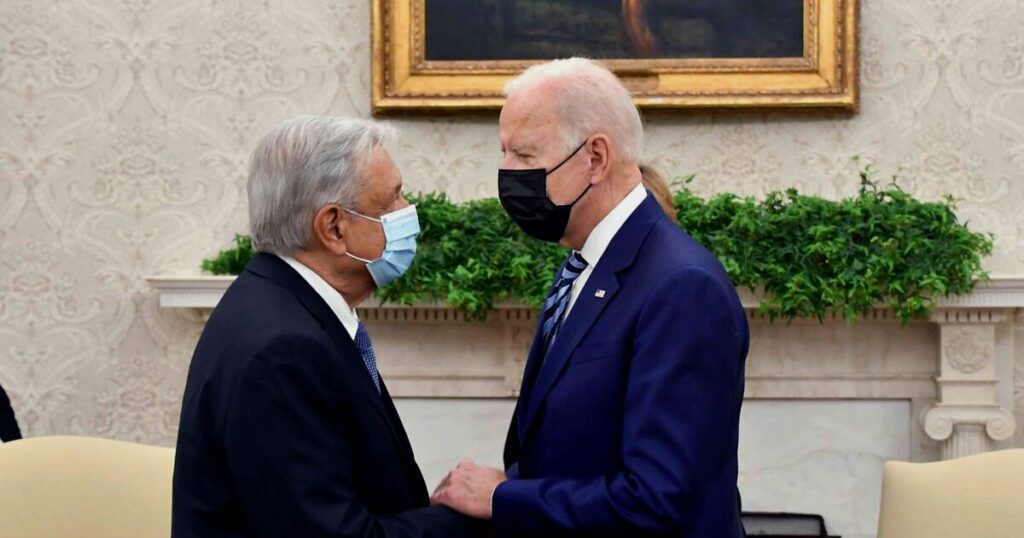The regime of Daniel Ortega and Rosario Murillo ordered, through presidential decrees 01-2022 and 02-2022, approved by the National Assembly, suspend for two years, renewable, the ban on the “cutting, harvesting, transportation and marketing of trees of the species” pochote, royal cedar and pine, establishing that the latter may even be exploited in protected areas.
“The ban for cutting, harvesting, transporting and marketing pine trees for a period of two years is suspended throughout the national territory, including protected areas,” indicates part of decree 02-2022.
Decree 01-2022 states that in the case of pochote and royal cedar forests, the ban is suspended, “except for protected areas and buffer zones.”
It also establishes that the National Forestry Institute (Inafor) “will grant new permits for industry operations to all natural and legal persons that meet the requirements established in the forestry industry regulations.” It also orders to rescind the restrictions that prohibit “the establishment of fixed or mobile sawmills.”
Both decrees provide that the two-year period “may be extendable based on the studies and technical and administrative recommendations presented by the National Forestry Institute (Inafor) with the approval of the National Forestry Commission (Conafor)”.
In 2006, the National Assembly approved the “Ban Law for the cutting, use and marketing of forest resources” which establishes, in its article 1, a ten-year ban, which could be renewable, for the cutting and marketing of mahogany, cedar, pochote, pine, mangrove and ceibo.
However, the Ortega regime has been approving in recent years the suspension of the ban for pine forests and, recently, since 2021, for species such as pochote and royal cedar.
On this occasion, the regime argued, to justify the felling of pine, pochote and royal cedar trees, that Inafor presented a study and investigation “that helped assess the suspension of the ban on these species.” In addition, they mention that the National Forestry Commission “approved” the technical report that “founds the viability of continuing with the use of these species, in accordance with their spatial distribution, population density, and diameter distribution.”
“The suspension of the ban on the royal cedar and pochote species has contributed to boosting the economic activities of the sector, improving the population’s standard of living, generating direct and indirect jobs and the sustainability of the forest resource,” they indicate. of the arguments presented in the presidential decree.
pillage of natural resources
Environmentalist Amaru Ruíz, from Fundación del Río, affirms that the purpose of suspending the ban on these three species “is the same, to continue the plundering of the country’s forest resources.”
“The impact that the suspension of the ban has on these species is to continue with the neo-extractivist model that the regime has, to benefit the capital linked to national forestry companies, some of which were linked to capital of the regime, and obviously to increase the processes of deterioration and deforestation that exists in the country”, he pointed out.
Other well-known environmentalists such as Jaime Incer Barquero and Víctor Campos, from the Humboldt Center, in previous years, in which periods of suspension of the ban on species such as pine have also been approved, have pointed out how detrimental the permits given for the felling of forests.
Barquero, in a report of CONFIDENTIAL of 2016, warned that the country is “running out of water” and that climate changes “are taking effect”, so it is necessary to “protect the forests, the producers of water”. In addition, he pointed out that those who “believe that forests are only producers of wood” are “wrong.”
In 2021, Campos warned of the deterioration suffered by the country’s forests, pointing out that in Nicaragua every year 180,000 hectares of forests are cut, and that 28 percent correspond to the Bosawás and Río San Juan reserves.

















